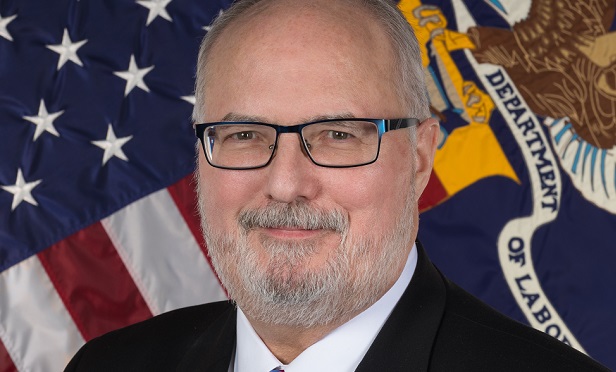

NOT FOR REPRINT
Can Trump's Association Health Plans Be Nice AND Strong?
By
Allison Bell
News March 09, 2018 at 12:21 AM
Share & Print

NOT FOR REPRINT
© 2025 ALM Global, LLC, All Rights Reserved. Request academic re-use from www.copyright.com. All other uses, submit a request to [email protected]. For more information visit Asset & Logo Licensing.


